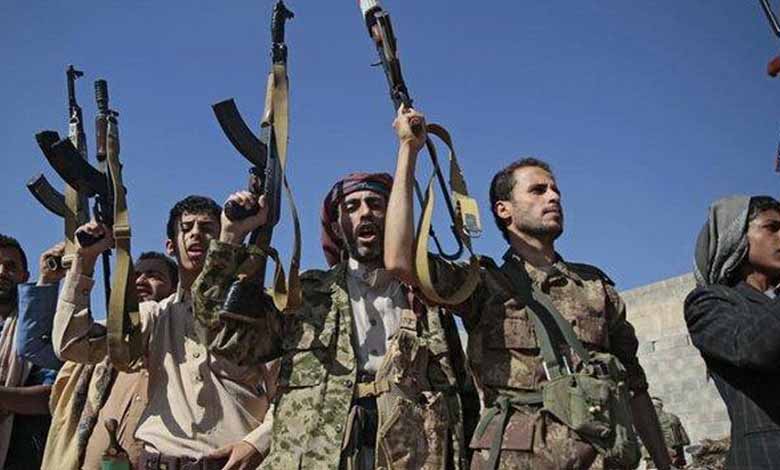Iran’s contradictions in the Yemeni file… details

Iranian Foreign Minister Hossein Amir-Abdollahian has stated that his country has not and will not provide any weapons to the Houthi terrorist militia to be used in the war in Yemen.
“They believe that arming each side in the crisis will prolong the war, so we have not and will not consider war the right way, whether in Yemen, Ukraine, Afghanistan or Syria,” Abdollahian said in a press statement cited by Reuters. This claim is refuted by UN reports that confirmed the involvement of the Iranian Revolutionary Guard in arming Houthi terrorist militias, not to mention the confessions of Iranian officials.
Iranian Foreign Minister Hossein Amir-Abdollahian said that going back to the war in Yemen after the end of the UN truce on October 2 “will not be considered the right way.”
In a separate statement, Abdollahian said he welcomed the permanent ceasefire in Yemen by “lifting the full siege,” which does not mean lifting the siege on Taiz, but rather lifting any restrictions on shipping, trade and fuel through ports and airports under Houthi control.
The leader of the Quds Force of the Iranian Revolutionary Guard, Rostam Ghasemi, had admitted to arming the Houthi terrorist militias, saying, “The weapons that the latter possesses are the result of our assistance.”
The Guard commander acknowledged the deployment of Iranian officers with Houthi militias in Yemen and the training of their members.
Earlier, a confidential UN report confirmed that the Houthis are armed with ballistic missiles and drones that “have similar characteristics” to weapons manufactured in Iran.
The report to the Security Council said its expert panel “continues to believe” that short-range ballistic missiles, as well as other weapons, were sent from Iran to Yemen after the arms embargo was imposed on the country in 2015.
Weapons used by the Houthis and recently analyzed, including missiles and drones, “exhibit similar characteristics to weapons systems known to be manufactured in the Islamic Republic of Iran,” the report said.
The report said that during its recent visits to Saudi Arabia, the team examined the wreckage of 10 missiles and found writings indicating their Iranian origin.
It seems that despite the arms embargo, the Houthis are still getting ballistic missiles and drones in order to continue the fight and, most likely, intensify their campaign against targets in Saudi Arabia.












